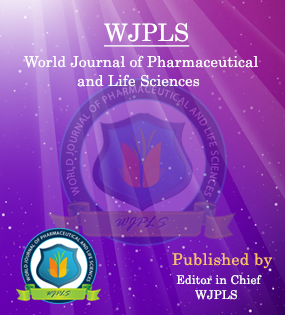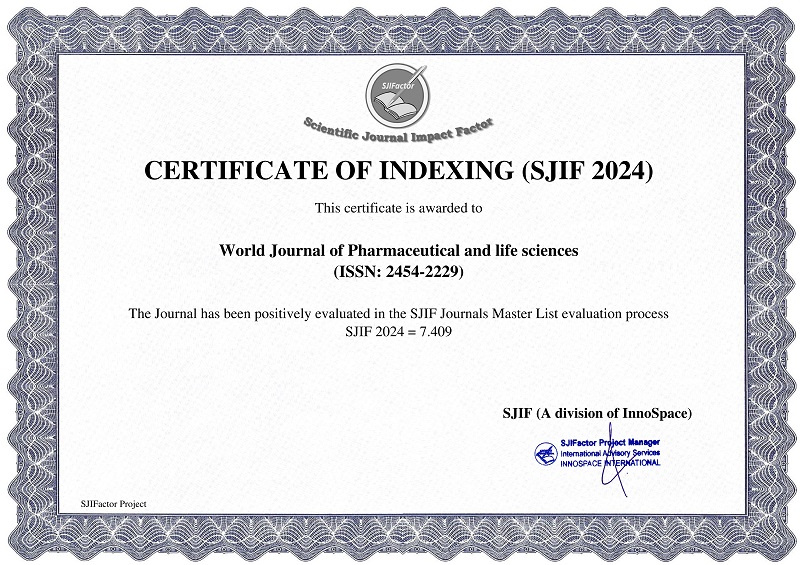Abstract
EVALUATION OF INFLUENCING FACTORS IN DISEASES OF THE REPRODUCTIVE SYSTEM IN WOMEN IN QAZVIN
Asghar karbord, Dr. Davoud Mohamadi Nokandeh, Zahra Javadi Nodeh, Mehran Mohebi Alidash*,
Fardin Rastegar, Mina Moradi
ABSTRACT
Background: One of the important and indispensable instincts of humans is sexual desire, and that is an important part of their lives. The instinct and the problems caused by it are very important. According to studies, sexual concerns in each country have a particular dispersion but the common point of the majority of studies is to Increased sexual dysfunction of women during menopause. Today, research shows that sexual dysfunction is not only during menopause, because there can be sexual problems throughout a woman's married life, and this issue led us to pay attention to sexual concerns in the reproductive years in this study. Aim: This study was performed to evaluate the diseases of the reproductive system and the factors affecting it in women in Qazvin in 2019. Materials and methods: This study is a cross-sectional study and statistical population of this research is women referring to health centers in Qazvin. The sampling method is a two - step cluster. In the districts 1, 2 Qazvin, we first consider each health center as a cluster and randomly select a few centers, then select 240 people from among the selected centers by simple random sampling. The method of data collection was questionnaire (epidemiological, sexual health, questionnaires such as demographic characteristics, sexual awareness, the quality of a favorable relationship with a spouse, sexual literacy and sexual disorders based on DSM-IV). Finding: 44.8 case study unit research on sexual activity during pregnancy may be harmful to the fetus; But all of them have had sex during pregnancy, 51.6 makes them have sex once or twice a week. 43.9% of women had normal sexual function and 31.4% had mild disorder and the prevalence of severe disorder was 18.8%. The severity of the disorder was significantly associated with trimesters of pregnancy (p = 0.001); Severe disorder was more common in the third trimester. In general, the score of sexual function during pregnancy decreases with increasing gestational age, so that in the third trimester of pregnancy, the most sexual dysfunction is observed. Therefore, further studies are recommended to find the exact pattern of sexual changes during pregnancy and to understand its epidemiology. Conclusion: According to the results of this study, it can be said that the main causes of sexual dysfunction in postmenopausal women are vaginal pain, dryness of the vagina and lack of orgasm, and in women of reproductive age, lack of orgasm.
[Full Text Article] [Download Certificate]WJPLS CITATION 
| All | Since 2020 | |
| Citation | 590 | 424 |
| h-index | 12 | 10 |
| i10-index | 17 | 14 |
INDEXING
NEWS & UPDATION
BEST ARTICLE AWARDS
World Journal of Pharmaceutical and life sciences is giving Best Article Award in every Issue for Best Article and Issue Certificate of Appreciation to the Authors to promote research activity of scholar.
Best Article of current issue
Download Article : Click here





